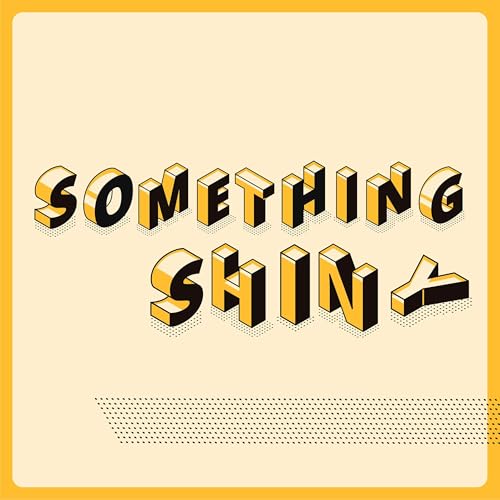Isabelle and David continue to explore how an official ADHD or autism or AuDHD diagnosis might be a useful bridge to belong to a community. But what about the people who see these labels as pathologizing, including famous ADHD researchers like Dr. Russell Barkely? David and Isabelle explore some of the ways that thinking of ADHD from the negatives only and leaves people using the label not as a tool for empowerment, self-understanding, and advocacy--but as an excuse. Furthermore, what about labels like "Asperger's" (low-support need/high-masking autism) that has its roots in Nazi extermination camps? Neuropsychs Explored Part III.---The pro to identifying as having ADHD that David now understands, that he didn't understand years ago, was that it allows you to fit into a culture and a group differently. He walked into a room in his 30’s (at an Eye-to-Eye conference) and found himself fitting in. David needed the label to understand himself. He brings up Dr. Russell Barkley and his research—Isabelle jumps in with a factoid about Barkley’s twin who had ADHD and addiction issues and died in a car accident…which helps give her context for why Barkley is so big on ADHD being a risk factor while driving. David wants to make it clear—it is a tragic story, and he’s not about casting anyone as evil or bad—but Barkeley’s work does do a number on people’s self esteem. They look at his research and think they can’t change and they start to use ADHD as an excuse, not an explanation. It’s important to have compassion for people, he does talk a lot about addiction and car crashes, and we all have sad parts of our past, and its what we do now that matters. When he’s talking to a room for non-ADHDers, they tend to think that people with ADHD are less, rather than more. He likes folk music and David likes rap, and David is not going to pretend to like folk music. Isabelle names that she tries to make sense of something so dehumanizing, like the six hour training she sat through of his that left her in tears, gaining some context for his story gave her a chance to reduce how slimed she felt. Knowing why does decrease suffering. Isabelle has seen a lot of hostility and backlash about AuDHD. Autism is a spectrum—yes, there are non speakers and folks with high support needs. But maybe it was what back in the day was called Asperger’s, a now unused term. David names that Dr. Asperger was a Nazi (sympathizer?) Who created a line around autism (essentially how high-masking someone was) that determined who lived and died. For more on this deep history of Asperger — check out the links below. Isabelle and David agree to have a way longer conversation on the history of neurodivergence. Isabelle talks more about her neuropsych assessment, including sample questions, and fill in the blank type sentences to write. And she was given a questionnaire to give to someone who knows her well—for kids, this might be both to caregivers and teachers, so they can get data about how the kid is functioning in multiple environments. Isabelle then waits, gets a twenty-some page document, and they sit down and cover it all. Isabelle has in the months between first hearing the neuropsychologist state that she meets criteria for autism, confirming her suspicions, she went on a deep dive on all these pieces of information. Isabelle felt the fear of having this diagnosis taken away from her felt so deeply. It was so hard, even just listening to the summary, she wanted to skip to the end (another autistic trait, she is learning, wanting to know the context so she can track what’s being described or knowing where it’s going), and she yes, she has autism, and she burst into tears. Isabelle finally has an answer to the riddle, which a chunk of it related to ADHD, but this is another part of the mystery, like she has been looking in funhouse mirrors her whole life, and now she has an accurate reflection of who she is, like a real, non-distorted mirror. She also has “severe” ADHD. David and Isabelle dig in with how negative this criteria is (which, side note, connects to Barkley’s research). Are we weather systems? Are we severely awesome? Maybe we change it to extremely? Gah. Asperger’s and the history of neurodivergence Articles and books on Dr. Russell Barkley Known as a big researcher of ADHD, does really good research, and pushes forward a lot of diagnostic criteria and is in a position of power changing the game for a lot of humans. The caveat that Isabelle and David often make is that: he takes a really doom and gloom, pathologizing perspective (which are scary research-based bits of information). Asperger’s Autism: you have 40% chance of ADHD, and then DEFINITIONSNote: “Neuropsych” is shorthand for BOTH a neuropsychological assessment or a neuropsychologist (which is confusing).Neuropsychologist is "an expert in how brain injuries and conditions affect your behavior, mood and thinking skills. ...
続きを読む
一部表示

 2025/05/2128 分
2025/05/2128 分 17 分
17 分 20 分
20 分

